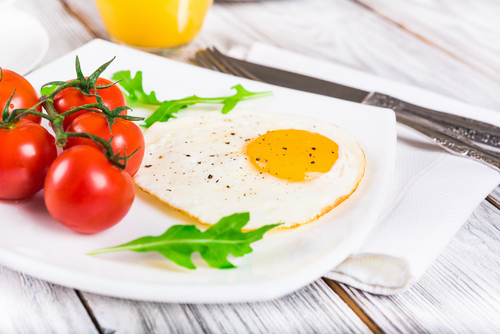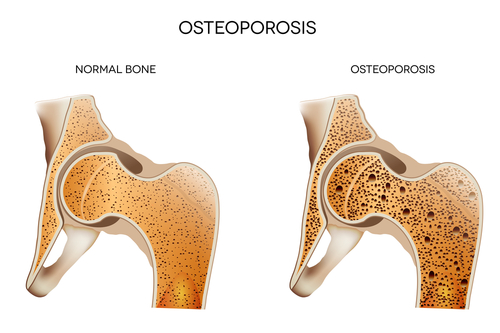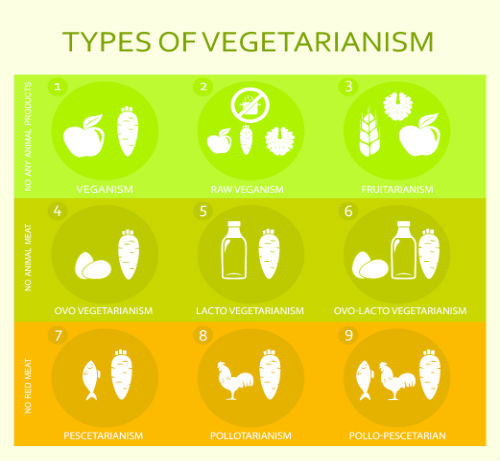Conditions we Treat
At London Dietitians, we develop bespoke diets for a wide range of conditions, whether hereditary, lifestyle or disease driven.
These are some of the conditions we work on. If your specific requirement is not on the list, please ask. We are very likely to have a dietitian on the team who is experienced in working with that condition - we just didn't want to turn this page into a medical dictionary.























